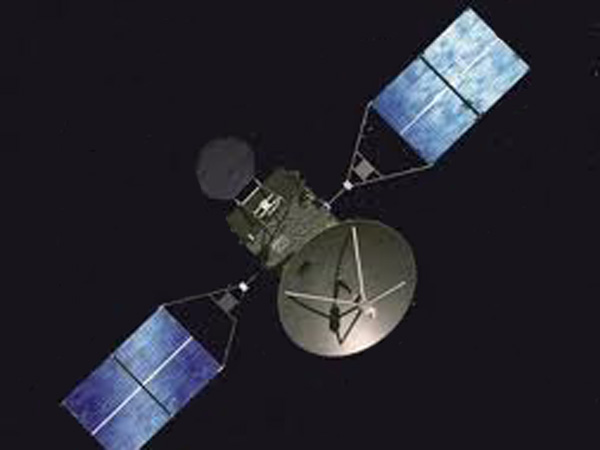



Date:14/12/11
 The European Commission has unveiled plans to establish a cross-border surveillance system which will allow border guards to share information and intelligence, helping in the fight against crime.
The European Commission has unveiled plans to establish a cross-border surveillance system which will allow border guards to share information and intelligence, helping in the fight against crime.
The so-called Eurosur framework will allow border guards to track small boats – often used in smuggling operations – using satellite imagery, ensuring this information is passed between member states.
The new system will contribute to an integrated border management system, whilst ensuring that fundamental rights, data protection and the principle of [protection of refugees] are respected," said Cecilia Malmström, European commissioner for home affairs.
Under the programme, national coordination centres will be established in each EU country, and these will be responsible for sharing information via a protected communication network.
The data sharing network is being built by Frontex, the EU border control agency, which has been testing data sharing networks capable of sending, receiving and processing classified and non-classified information on a 24/7 basis in close to real time.
A contract for building the network was signed in November 2010.Under Frontex's current proposals, the Eurosur network will be decentralised with information managed at each national coordination centre, without being uploaded to a central server.
But some centralised components will need to be built to enable the information exchange. Frontex will be responsible for the technical oversight of the network, as well as the encryption of data.The Eurosur system is expected to be operational by the end of 2013.
Europe green lights satellite tracking system
 The European Commission has unveiled plans to establish a cross-border surveillance system which will allow border guards to share information and intelligence, helping in the fight against crime.
The European Commission has unveiled plans to establish a cross-border surveillance system which will allow border guards to share information and intelligence, helping in the fight against crime.The so-called Eurosur framework will allow border guards to track small boats – often used in smuggling operations – using satellite imagery, ensuring this information is passed between member states.
The new system will contribute to an integrated border management system, whilst ensuring that fundamental rights, data protection and the principle of [protection of refugees] are respected," said Cecilia Malmström, European commissioner for home affairs.
Under the programme, national coordination centres will be established in each EU country, and these will be responsible for sharing information via a protected communication network.
The data sharing network is being built by Frontex, the EU border control agency, which has been testing data sharing networks capable of sending, receiving and processing classified and non-classified information on a 24/7 basis in close to real time.
A contract for building the network was signed in November 2010.Under Frontex's current proposals, the Eurosur network will be decentralised with information managed at each national coordination centre, without being uploaded to a central server.
But some centralised components will need to be built to enable the information exchange. Frontex will be responsible for the technical oversight of the network, as well as the encryption of data.The Eurosur system is expected to be operational by the end of 2013.
Views: 1184
©ictnews.az. All rights reserved.Similar news
- Mobile operators of national market to reduce roaming tariffs
- Iran vows to unplug Internet
- China Targeting Telecoms in Corruption Probe
- Bangladesh to use electronic voting system for next elections
- Philippine IT sector to launch five-year digital strategy plan
- Russian Premier Vladimir Putin meets ITU Secretary-General Hamadoun Touré
- US lawmakers propose to regulate use of geolocation data
- Unlimited mobile data plans dying as telcos gear up for cloud future
- Europe at risk of falling behind US and Asia on 4G use
- Netherlands first to regulate on net neutrality
- Korean Co Takes Aim At Display Patents
- Regulators, Banks Look for IT Hires After Breakdowns
- Electron transactions spreading
- Schools in remote rural areas will connect to the single database via network without SIM
- Obama to Personally Tweet From Twitter Account





















